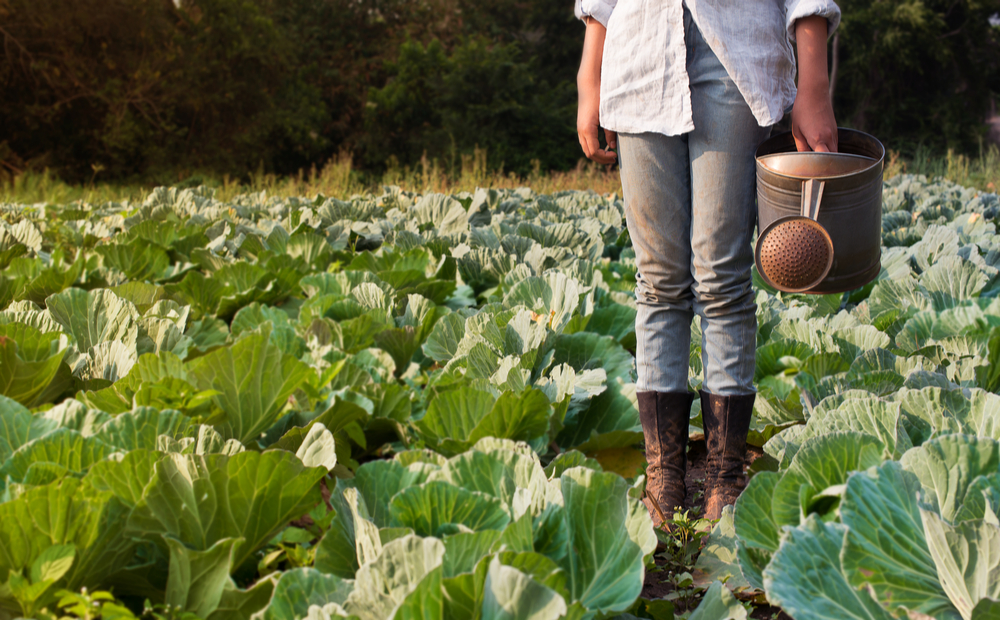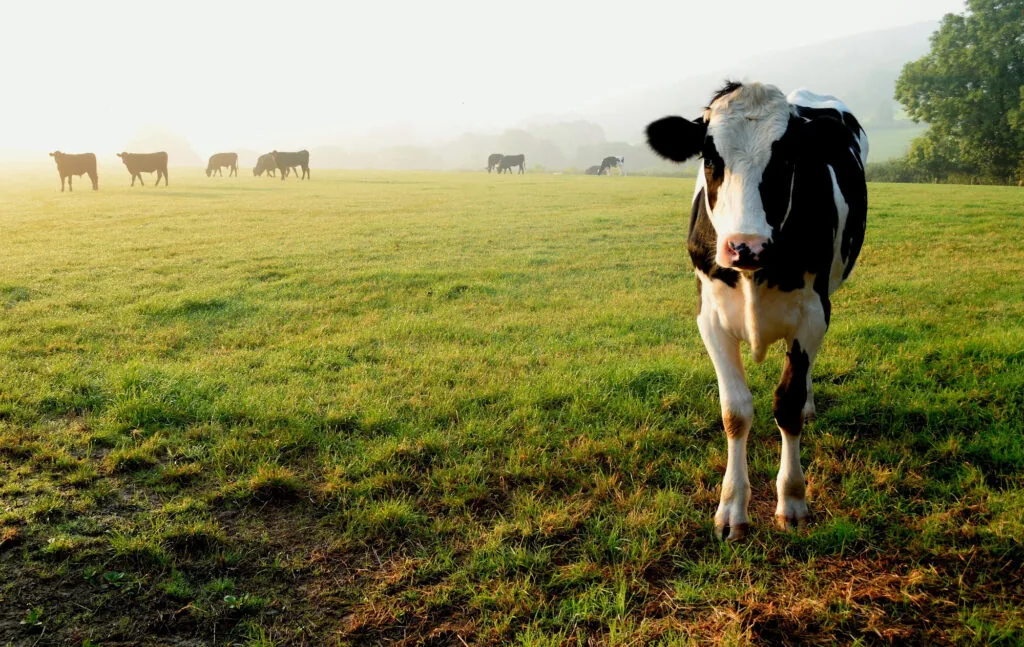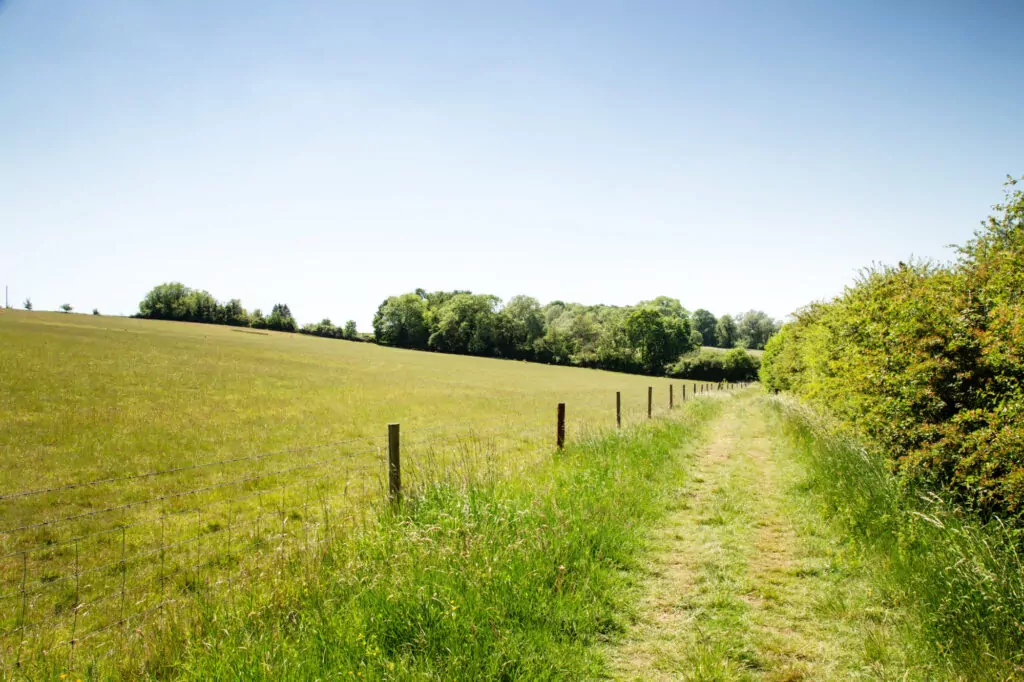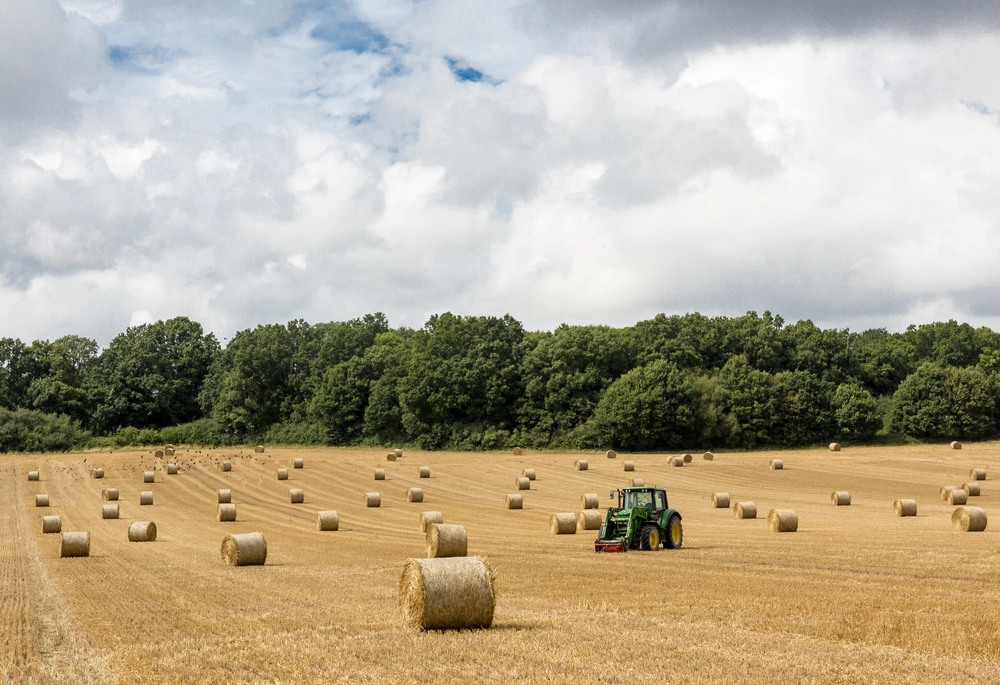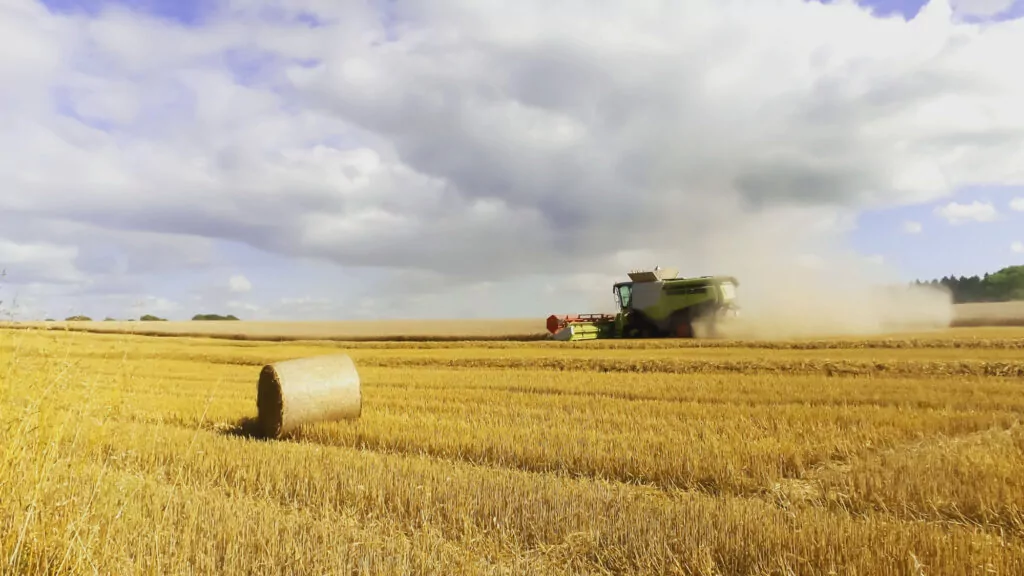
Can a promise to inherit the family farm be relied upon?

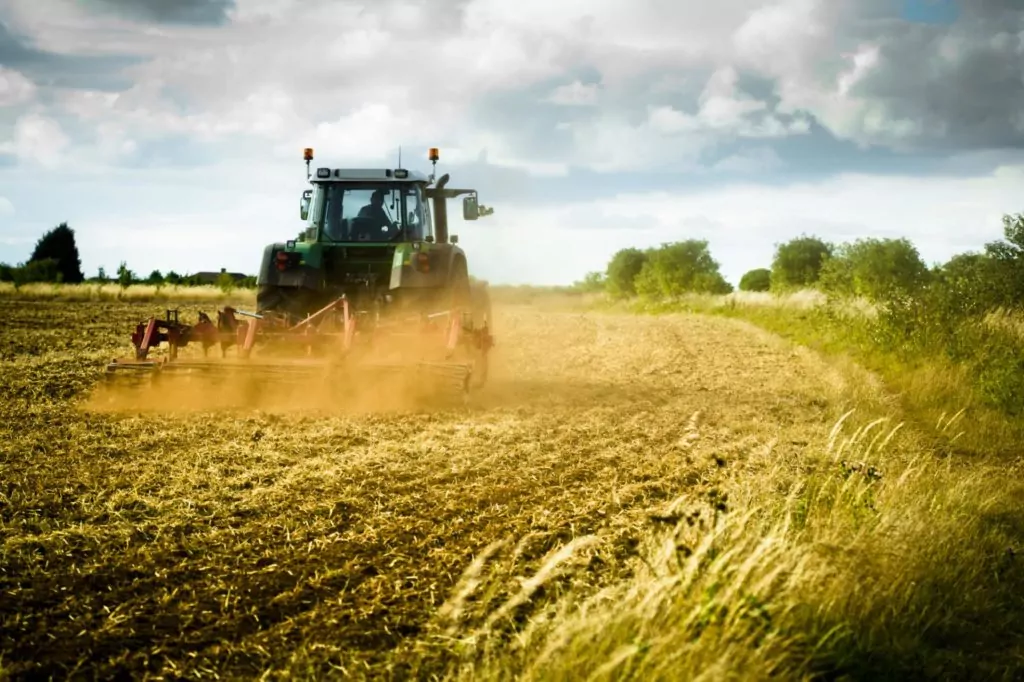
Guest v Guest goes to the Supreme Court over relief under proprietary estoppel
This case is a longstanding family dispute between a son and his parents over his interest in Tump Farm, Monmouthshire. It brings before the Supreme Court an important question for farming families; when can a promise to inherit the family farm be relied upon?
The position so far:
Guest v Guest centred on Andrew Guest's entitlement to a beneficial interest in Tump Farm under the principle of proprietary estoppel. Put simply proprietary estoppel is the principle that if party A has made a promise to party B, which Party B has relied upon to his detriment, then Party A is estopped from later going back on that promise. When broken down, it is made up of the following three elements:
- An assurance (or promise) has been made by the owner of the property
- Reliance has been placed by the person receiving the promise on that assurance
- Detriment has been suffered by the party relying on the promise as a result of their reasonable reliance on the assurance.
In the context of farming families, cases of proprietary estoppel are most often seen when the head of the family, usually mum and dad, make a promise to one child that they will take over the farm one day. As a result, that child does not pursue other careers but puts all their efforts into farming and helping the family business whilst the other children move away and pursue different things. Then later mum and dad seek to go back on their promise and leave the farm to one of the other siblings in their Will or divide it amongst all the children.
In this case, Andrew worked on the Guest family dairy farm for 33 years from aged 16, with little financial reward. Andrew expected that he would take over running the farm and inherit a substantial share. The family relationships deteriorated resulting in Andrew's exclusion from his parents' Wills and his leaving of the farm in 2015.
In the ensuing legal proceedings, the High Court ruled in Andrew's favour. In 2019 the judge found that an assurance was made to him by his parents David and Josephine Guest, which he relied on, that he would take over the running of Tump Farm and inherit a substantial share. The remedy ordered was a lump sum payment to Andrew of 40% of Tump Farm's market value and 50% of the market value of the farming business. To meet this and achieve a clean break for the family, the farm needed to be sold.
His parents appealed to the Court of Appeal arguing that:
- The Court should not have considered Andrew's specific expectations but what a reasonable bystander would have expected based on the assurances made by his parents
- The award granted was too generous to Andrew. They argued an award such as a Farm Business Tenancy to Andrew at a discounted commercial rate or a sum reflecting the increased value of the farm due to Andrew's contributions would have been a reasonable remedy
- Any remedy to Andrew should wait until David and Josephine had passed away given that Andrew's expectation was that he would inherit a share in the farm. Therefore, the farm should not be divided in his parent's lifetime.
In 2020 the appeal was dismissed. The Court of Appeal noted that:
- There must be fair balance between expectation and detriment to avoid an unconscionable result. Where there has been a mutual understanding which is reasonable and clear it is fair to take into account what has been promised as a measure of expectation and the loss suffered. Additionally, an objective bystander would consider all the circumstances to avoid an unconscionable result and so would not be limited to what he objectively thought David and Josephine would have intended to do to avoid an unconscionable result. The sale of Tump Farm is therefore proportional given what was promised and Andrew's losses from his reliance on that promise.
- When granting relief, proper regard should be paid to the nature of the assurance given. Granting an FBT or sum reflecting the increased value of the farm would not avoid an unconscionable result as it did not reflect the assurance that Andrew would take over the running of Tump Farm and inherit a substantial share.
- The court exercised but did not exceed its wide bounds of discretion in settling Andrew's entitlement before his parents' death. The need for a clean break was significant factor as there was no prospect of the parties continuing to live and work together at close quarters.
Watch this space
In the hearing taking place on 2 December 2021, the Supreme Court will be asked to decide:
- Whether the expectation of a successful claimant is an appropriate starting point when considering a remedy
- Whether the remedy granted went beyond what was necessary in the circumstances.
How can Foot Anstey help?
We are seeing increasing numbers of proprietary estoppel claims come across our desks. Our advice to farming families to avoid these types of disputes is:
- Have open conversations about succession planning early on. It is important to plan ahead for what will happen to the farm when it is time for parents to retire and hand the business to the next generation. Having a clear plan in place which everyone is aware of and comfortable with will make it much easier when the time comes and help avoid disputes.
- Part of your succession plan is likely to be considering inheritance tax implications and business structuring as a result. It is never too early to seek that advice and plan for the future.
- Ensure you have written documents in place which clearly record your succession plan, for example Wills and Partnership Agreements. If agreements are in writing and signed by all the parties, it helps to avoid disputes later.
- If you want to change your succession plan at any point, seek advice and ensure any changes are properly documented.
If you would like to talk further about proprietary estoppel claims or succession planning for you and your family please do contact us.




